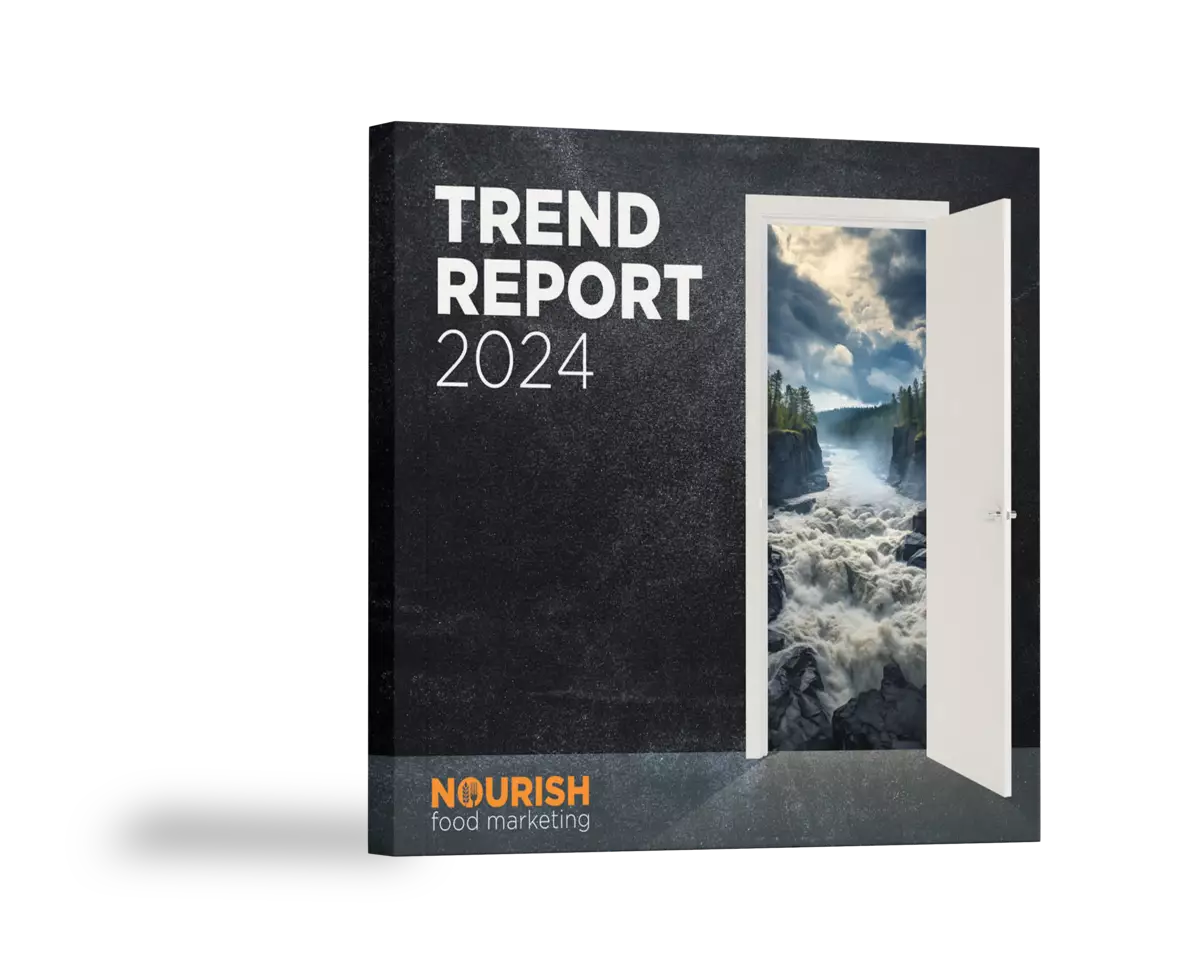There’s been a lot of buzz around plant-based, fermented, or cell-based proteins lately. Massive capital investments funnel into the space with new unicorn global brands like Beyond Meat, Impossible, and Oatley. Oatley just became the latest unicorn with its multi-billion-dollar IPO. Oat milk was nowhere three years ago — now it’s #2 in the “milk” category worldwide.
There have also been some very public announcements from New York’s Michelin-starred and previously ’meat heavy’ restaurant Eleven Madison Park going vegan. Recipe site Epicurious announced it is no longer publishing recipes using beef due to planet sustainability concerns.
Who’s Really Winning the Faux Meat War?
Nevertheless, global demand for meat continues to rise. We also hear more discussions around soil health and regenerative agriculture, both of which require animals! A whopping 92% of Canadians eat beef, and the size of the plant-based protein market in Canada is only around 3%. Those high growth figures we see come off a tiny base.
Still, plant-based is earning more than its fair share of attention. And as Len from Kahntact notes in his article, it doesn’t have to be an all-or-nothing approach. Our client BUMP produces a blended beef+plant product that celebrates the best of Canadian agriculture while offering meat-eaters a delicious way to cut their carbon footprint. So what’s really going on?
Vegan rates remain relatively unchanged over the past year. However, more people are thinking about cutting beef. According to a May 2021 Study out of Agri-Food Analytics Lab at Dalhousie University, “when asked if they have thought about cutting beef from their diets in the last 12 months, 25% of Canadians have thought about it, with the highest rate being in British Columbia at 28%. However, among Canadians under the age of 35, the number was higher: 31% have thought about cutting beef from their diets in the last 12 months. Also, 47% of Canadians believe the number of people cutting beef from their diets will increase in years to come. Furthermore, 44% of Canadians believe it is desirable to see more people reducing their consumption of beef over time.”
While still a tiny share, could faux meat and plant-based be at a tipping point with younger consumers? According to the Global Food Institute, the global alternative protein market is projected to reach USD 290 billion by 2035.
A Precedence for Change Exists with Canadian Consumers
History has shown that people are willing to shift their diet dramatically. In Canada, for example, 40 years ago, people ate 37 kilos of beef per person; now, we consume 25. And 14 kilos of chicken & turkey has become 25. So, there is a historical precedent for material changes in diet.
And while the cost of lab-grown meat (growing animal cells outside of animals in a bioreactor) has come down exponentially, it probably will not be a significant player in North America anytime soon. The investment and commitment to it by a food-insecure market like Singapore makes sense. It makes less sense for a land and resource-rich country like Canada. We could first see it take hold as an ingredient input, like dairy, so you can make what and how much you need on the processing floor. See what Perfect Day is doing with milk proteins to get an idea of the possibilities. While we don’t yet know what consumer acceptance of lab-grown meat will be, acceptance may be higher for end products that contain these cellular ingredients.
The focus on planet health and our individual foodprint will only grow over time. There will be more unicorn global brands birthed in the plant-based protein market. How are you future-proofing your food business?
